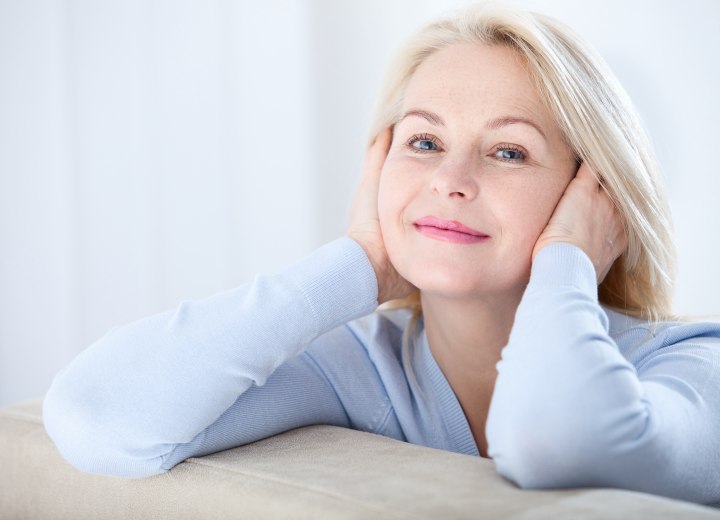Lisinopril, Menopause and Dull Hair

I use products that moisturize, and I do get shine, but it's not 'hearty' like it used to be. Question: could my medicine have anything to do with my hair affliction? Is there anything I can do? Is there anywhere in particular I should go?
A: According to the medical studies, there is no link between the use of lisinopril and possible hair loss as a side effect.
Actually, the likely culprit in the changes in your hair is the menopausal changes. The shift in hormonal balance affects not only the growth of the hair but the production of sebaceous oils and other minor factors that all add up to problem hair for many women. The reduction in the production of natural oils can result in the dull, listless hair you are experiencing.
What you need to do is to remember that as you age your hair changes and its needs do too. Using a moisturizing shampoo and conditioner is great, but you may want to focus more on one that offers “body” and volume. Remember, too, that with the changes menopause brings your hair will probably not need shampooing as often as before.
You will, however, want to be sure to condition the hair daily as well. This can be via traditional rinse-through conditioning you perform in the shower or through the use of leave-in products as part of the styling routine.
Many women who find their hair getting “dull” after entering menopausal phases opt for “glazing” treatments at the salon. These are color applications using a transparent tinting formula that adds a slight deepening or brightening of the hair’s color and a lot of shine to give the hair a younger look. You can even get a “clear-gloss” treatment using un-tinted shine formulations if you don’t want to risk altering your color.
©Hairfinder.com
See also:
Medications and your hair
Solutions for dull hair
Menopausal changes and your hair
Hairstyles for older women